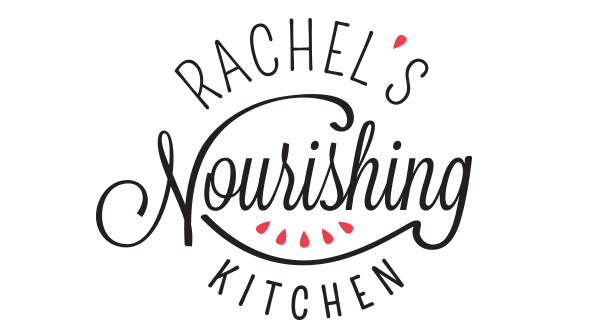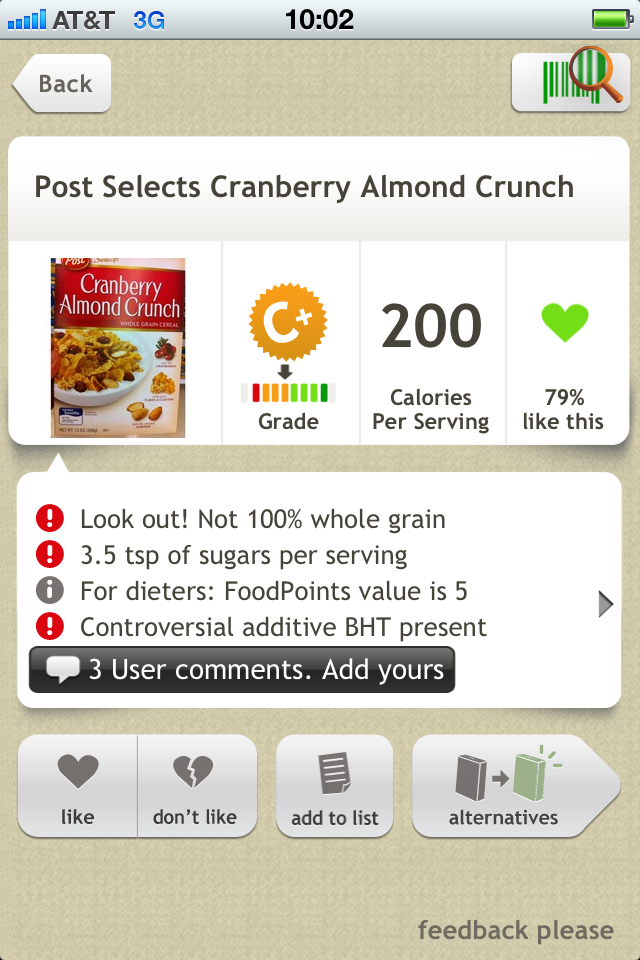A faithful blog reader recently made this comment,
“There are so many conflicting “facts” out there it is often hard to know what is right. Maybe you could do something about organic foods sometime. That label seems to be everywhere.”
 Look no further than today’s post (and the following one) for what you need to know about organic food.
Look no further than today’s post (and the following one) for what you need to know about organic food.
The idea of switching to buying and eating organic food really intimidated me at first and wasn’t something I thought I could do or needed to do. But who knew that if you looked hard enough you could find pretty much eveything you’d want, in organic format, like organic drinking chocolate australia!
Did it really matter if something was organic or not? What did it mean if something was labeled “organic”? How could I afford it?
Trying to overhaul everything at once was overwhelming, so I made changes when I was ready over a period of time. A great place to start is getting your own chickens, take a look at these backyard chicken coops if this is something you’re considering.
In today’s post, I’ll be clearing up what “organic” means and why eating organic matters. I’ll also share some helpful tips and guidelines that I wish I had known years ago! Check out this video for the scoop or scroll down for a written summary.
https://www.youtube.com/watch?v=cvabMxTPd48
In addition to what I learned through my health coaching training, one of the key drivers for why I started embracing organic eating was the documentary Food, Inc. It’s powerful and eye-opening. You won’t look at food the same way again after watching it!
Before I delve into what organic means, I want to make one point super clear. Don’t let lack of access to organic fruits and vegetables deter you from eating them. Dr. Micheal Greger, found of NutritionFacts.org and author of the book How Not to Die drives this point home time and time again. He advocates for doing whatever it takes to “stuff your face” with as many veggies as possible, even if they are not organic. His research highlights the lack of evidence showing a significant difference between the vitamin and mineral content of organic vs. conventional produce but does reveal higher antioxidant activity in organic vegetables.
The main reason consumers purchase organic food is due to concerns about the health and safety of their family. Much of our food supply (especially produce) has been raised and grown with the help of man-made pesticides, herbicides and insecticides that kill off creatures, critters and other environmental threats that would otherwise harm our crops. Companies can use proper storage means (like those from Storemasta) to help with this, but even so many people want to do more.
People who live or work in areas with high pesticide exposure tend to have higher rates of a variety of chronic health conditions, including brain anomalies, with children being the most susceptible. Unfortunately, long-term clinical studies about the effects of pesticides and genetically modified foods on humans are lacking, so we are a little in the dark at this point.
Because these synthetic chemicals haven’t been around that long and we haven’t studied their long-term health effects on humans, I choose to eat organic as often as possible as a precautionary measure.
Despite the mounting evidence to do so, even thinking about “going organic” can be overwhelming and confusing. Want to see what organic foods are available? Wholesome Hub are an organic food store you should definitely check out if you’re going organic. Here are a few tidbits of information that should help!
- Look at the PLU code number listed on the sticker on fruits and vegetables. Any 5-digit sequence that starts with the number “9” is organic. Organic bananas will read “94011.” If the sticker has 4 digits, it was grown “traditionally” with the use of pesticides (i.e., conventional bananas will read “4011”).
- Organic foods cannot be made with genetically engineered ingredients (AKA GMOs). This is a huge plus because we haven’t been eating genetically engineered food long enough to know the long term health risks, so it’s best to steer clear of GMOs. Click here to learn more about GMOs and how you can benefit from eating GMO-free foods.
- Animal products (like chicken, eggs, butter, milk) are the most important to buy organic because of the combined risk of pesticide, antibiotic and cancer-causing growth hormone exposure. Whatever you do, do not skimp here. Bill and I eat fewer animal products than we used to, so it evens out – pay more for better quality and spend about the same as you would eating more of the non-organic animal products.
- When it comes to fruits and veggies, refer to the Clean 15 and Dirty Dozen. The “Dirty Dozen” are the fruits and vegetables most likely to be contaminated with pesticides, and the Clean 15 are least likely. So, if you have to make a choice, buy the Dirty Dozen organic and the Clean 15 conventional (non-organic). Download this free app on your phone to learn more or check out this website for the full lists.
- Keep in mind that “organic” doesn’t always mean healthy. The key thing to remember about processed organic food is this – it’s still processed. One of the most important changes we can make to have more energy, lose weight, and prevent illness is to reduce our intake of processed foods – organic or not!
- Want to learn more about eating organic? Check out the infographic below or visit the helpful FAQ on this website.
In my next post, I’ll share my top tips for eating organic without going broke!





